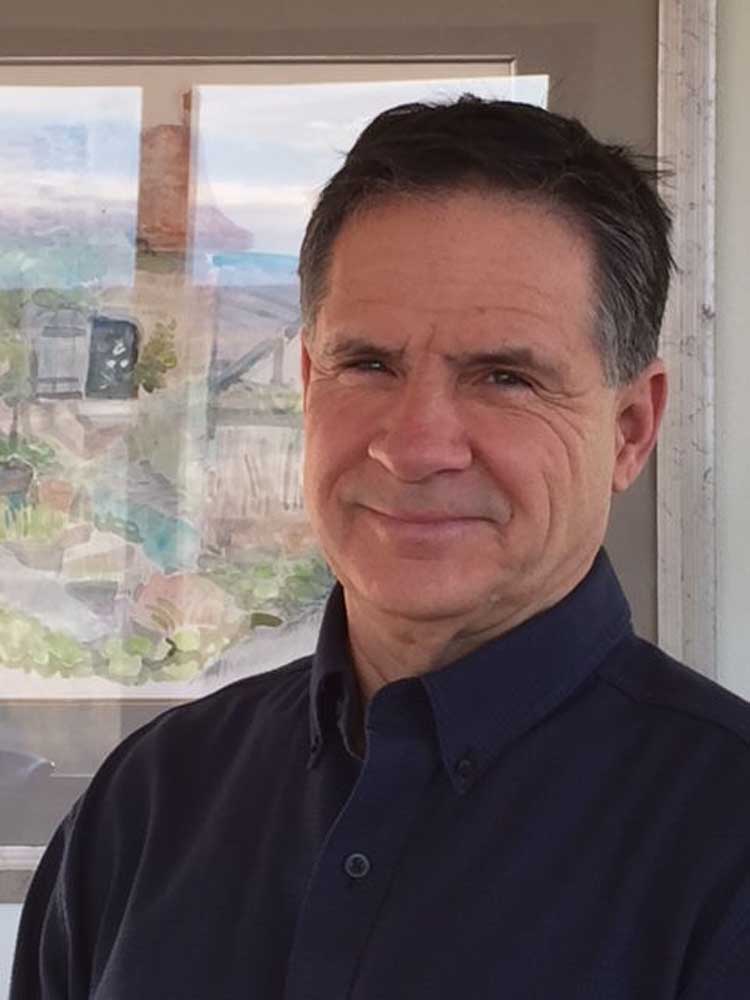Mountain Medicine: Aging well: Healthy life-style habits for seniors
Published 10:52 am Wednesday, April 3, 2019

- Miles FcFall
Growing older can seem less fun than it used to be. We’ve consumed our share of vitamin supplements and magic potions in an effort to stay in the game, like millions of other Americans who spend over $40 billion annually on such products that rarely prove effective. But, in reality, the closest thing to Ponce de Leon’s Fountain of Youth may be the time honored formula of regular physical activity and social engagement. Dr. Emily Sheahan’s Mountain Medicine column (Nov. 7, 2018) stressed the benefits of exercise and diet on physical health. Today’s column focuses on mental health.
Abundant scientific research has investigated factors driving depression, including physical inactivity. What’s consistently found is that the causal arrow appears bi-directional; depressed people are more physically inactive than non-depressed people, and people who are less physically active are more likely to be depressed.
Trending
A 2013 “meta-analysis” of 35 clinical trials involving 1,356 participants found physical exercise significantly reduced symptoms of depression compared to control conditions. Importantly, exercise appeared equivalent in effectiveness to antidepressant medication and psychotherapy in a few small studies. In 2019, an editorial in the Journal of the American Medical Association concluded, “the data have told us—over and over—that exercise is a viable plan to minimize the burden of mental illness. The question is how we execute against this plan.”
This research does not justify discontinuing prescribed antidepressant medication or psychotherapy or eschewing these treatments if recommended. But initiating a medically approved exercise program may add benefit to existing treatments and might be an acceptable alternative. Supporting the wisdom of combining the two approaches are findings that depressed persons who took anti-depressants and exercised were more likely to benefit than those taking anti-depressants but exercised less.
A second life-style problem estimated to affect one third of our elderly Wallowa County residents concerns social isolation and loneliness. In general, being isolated from others is another important risk factor contributing to depression, particularly for elderly people facing disabilities and loss of family members. Not surprisingly, greater social isolation in older people is significantly related to less physical activity and greater sedentary behavior.
Self-perceived loneliness has also proven to be an independent “causal” risk factor that promotes depression, impaired sleep, cognitive decline, lower quality of life and well-being, and a host of physical diseases. Some, though not all, research shows that people who perceive themselves to be lonely are less physically active than people who aren’t lonely.
One plausible reason why increased physical activity improves the mood of depressed older people—as well as general quality of life of non-depressed persons—is increased social interaction that often accompanies their activity. Accessing the multitude of community organizations that afford social engagement is an important strategy for lonely or socially isolated residents wanting more contact.
Far more challenging for elderly individuals is finding venues for regular exercise if they are frail or feel unsafe strolling mountain trails or roadsides. As Dr. Sheahan mentioned, in 2018 only 57 percent of Wallowa County residents had access to adequate exercise opportunities, compared to 77 percent of all Oregonians. Finding venues in Wallowa County that promote shared physical activity may help our seniors stay happier and healthier longer. Visit the US Department of Health and Human Services website (https://health.gov/paguidelines/second-edition/) for current physical activity guidelines. Consultation with your medical provider is essential before embarking on a new exercise program, particularly for individuals with health conditions.
Trending
Mountain Medicine is edited by Dr. Ron Polk and Dr. Kelsey Allen, with support from local medical practitioners.





